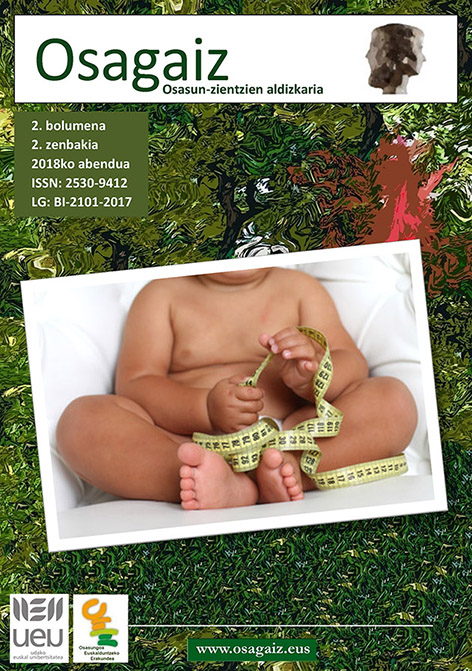Abstract
The Basque Colorectal Cancer Screening programme is aimed at 50 to 69 year-old citizens. It involvesa biennial Faecal Immunochemical quantitative test (FIT) and colonoscopy under sedation as a confirmatory diagnosis in positive cases. Methods: a retrospective cohort study of individuals who were invited to participate by sending the kit to their home. We used the Basque medical record (Osabide), as well as the Cancer and Mortality registers as information sources. All invitations issued between 2009 and 2016 were analyzed by sex, age and survival till 2014. Criteria and indicators were based on the corresponding 2011 European Guidelines. Descriptive statistical analysis and Kaplan- Meyer curves. Results: 1,426,846 valid invitations were evaluated. Positive trends in participation were found (p<0.001) to be higher in women than men, being 74.5% vs. 69.9% respectively in 2016. Advanced neoplasia (advanced adenomas and invasive cancer) were more frequently detected in men. Colonoscopy compliance after a positive test was 95%; appropriate cleansing preparation was carried out in 89.1% of the colonoscopies performed. Out of the 2,856 cancers detected, 69.2% were found to be initial stage cancers. However 377 cases were registered as false negative cases; of these, 85 cases were older than 69 years. FIT sensitivity was 88.38 (IC95% 87.22-89.45), with 99.96 (IC 95% 99.95-99.96) as a negative predictive value. Survival of patients with cancer detected by this programme at 1, 3 and 5 years was significantly higher than for patients whose cancers were detected outside this programme or due to symptomatic presentation (97.8% vs. 87.4%, 93.4% vs. 73.0 and 90.1% vs. 66.7% respectively). Conclusions: This screening programme has more benefits than disadvantages, but it is clearly necessary to continue investing in the quality of the screening process.

